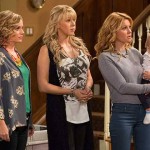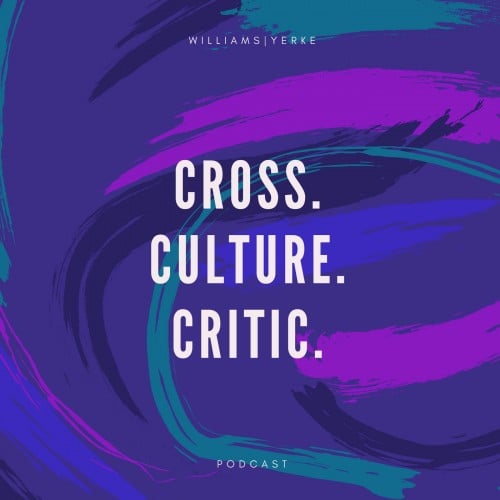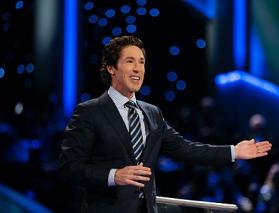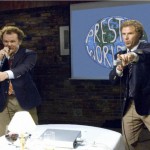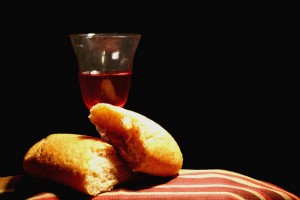
I’ve taken communion hundreds of times since I first grabbed a stale cracker and thimbleful of grape juice from an usher at the age of six. I’ve taken it by candlelight with family on Christmas Eve and with friends at a wedding. I’ve served it to a stranger during summer camp. I’ve eaten the bread in our youth center while learning about Passover, and I’ve sipped the cup while running the soundboard during Sunday service. I’ve dipped bread in a chalice of wine with other congregants, the pastor holding out the cup and saying “the blood of Christ, shed for you.” I’ve even taken the Eucharist from a “combo cup,” where the cracker and the juice were packaged together; for about 30 seconds, you could hear the crackle of plastic as arthritic members struggled to free the body of Christ from its wrapping.
Over the decades, elements of our faith have grown cliche or passe. Songs have grown out of style, evening services are largely a thing of the past, and, thankfully, many churches are phasing out the “forced fellowship” part of the service, where you awkwardly make small talk while waiting for the chorus to kick back in. But communion, one of the few ordinances in the Protestant church, has remained the same. It’s one of the two traditions Christ commanded the church to keep, and it still holds the same weight and meaning to me that it did when I was a kid, eating the cracker and drinking the juice for the first time.
Our church is rooted in Baptist tradition, and they do communion the way I grew up with. The deacons pass the plate down the aisles. Everyone takes the bread, sings a song or prays, and then waits for the pastor to give the go-ahead to take it together. Then they pass the wine, everyone takes the cup, sings a song or prays, and waits for the pastor’s go-ahead to take it together. I don’t know if this is part of tradition or not, but usually after the juice is gone, there are a series of coughing fits throughout the congregation. This has happened at every church I’ve attended.
There aren’t any frills. We don’t light candles and lower the lights. There’s no line to wait for the pastor to present us with the bread, cup and some solemn words. We don’t have a big piece of matzo bread to remind us of the Passover feast; we have a cracker that looks like a saltine and a Chicklet had a baby. At our church there’s no Latin, no liturgy, no Lord’s Prayer. Just usually a guitar and a song, and the pastor guiding us through.
I don’t think any of the other ways of observing are wrong, and I know I’ve sometimes wanted something that felt a bit more transcendent or with more gravity. And yet, as I’ve come to the table at different churches in many ways over the years, this has remained the most quietly powerful way for me to observe the ordinance.
If you’re like me, Sunday mornings aren’t fun. It’s usually two hours of rushing around the house, making sure everyone’s eaten, showered and dressed before rushing out the door. It never goes smoothly; it rarely goes civilly. Food spills, tempers flare and patience runs out. Kids are yelled at, spouses are yelled at, dogs are yelled at. We usually pull into the church parking lot and make it to the door with just enough time to put on our church smiles and look like a happy Christian family, even though we know our conduct and attitudes don’t match our outward appearance of piety.
This is after a week of lost tempers, worries, stressors and sins both confessed and hidden. Maybe a week when we’ve said hurtful things to the ones we love most, endured circumstances that have rocked our faith or received news that has troubled our souls. And we do all this in the context of a world constantly divided, always in conflict. Familial sniping, political backbiting, theological bickering and everyday complaining make up the soundtrack to our weeks. And we trudge through the door on Sunday morning alongside people who are often putting on their own fig leaves of righteousness, hiding the sin, failure and lack of faith that has plagued them every day. Often, we’re sitting next to and around the very type of people we’ve been in conflict with all week, and it takes all our strength to remember to give them the right hand of fellowship and not the left foot.
We don’t have dimmed lights or lit candles to help us escape. We sit there, singing our songs and hoping that the feelings in our heart might eventually change to match the words on our lips. They pass the plate and we sit there alone with our thoughts, sometimes listening to the song being played and other times focusing on the sacrifice we’re there to observe and how unworthy of it we all are. To me, the everyday nature of it is a reminder that I don’t bring a Christian self to church; I’m stuck with the me who tagged along in the car. A sanctuary full of bowed heads stresses that we all are in the same boat and that we’ve all brought our sins and failures with us to church. The song, often a hymn I’ve heard hundreds of times, reminds me that that sin is not the end, and that this remembrance is part of a long tradition of sinners who’ve found refuge and rescue.
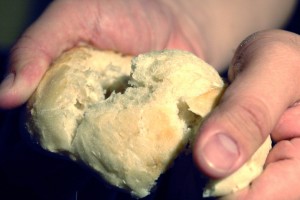
And then we eat. And most importantly, we eat together. We don’t wait in line to get our communion from the pastor; no one finishes first. Everyone — the people in the front pew, the people in the back, the pastors and the deacons — eats at the same time. And we’re doing this with congregations around the world who have also chosen to observe the Lord’s Supper on the same day.
To me, this means so much. We don’t get to skip to the front of the line if we’ve sinned less, nor are we prayed for more strongly if we’ve sinned more. Your position as a religious leader doesn’t give you preferential treatment. No matter who you are, what you’ve done, how much you’re struggling with faith, we eat together as the Church. The ground is level at the foot of the cross; we are all equal, sinners saved by grace. And while we walk in with a reminder of all that divides and condemns us, we eat and drink with a reminder of what heals and unites us.
Is this ever more needed than now? I turn on the news and see a nation and world divided, frustrated and losing hope. Our political leaders have turned a presidential election into global joke. A glance at the daily news provides more proof that our sin continues poisoning the planet. Our own family histories and friendships bear out that we’re no better at keeping peace and loving our neighbors. We divide among so many lines and the fractures keep coming. We can feel the world groaning, as if one more crack is going to shatter the whole thing.
Those who follow Christ have a reminder that the foundation of our world is much stronger than the news sometimes makes us believe. The patch for the splintered human race is a cross, and once a month we have an opportunity to remember that. Rather than divide, we unite. And we remember that through the cross, God reconciled himself to us. And that cross also reconciles us to each other. The glory of God in the church is seen in the diversity of that body. Black and white. Protestant and Catholic. Liberal and conservative. Every nationality. We all eat the bread and drink the cup together, at the same time, and we remember the sacrifice that made us family.
Note one: I’ve been really moved by much of Derek Webb’s music over the years. This song, in particular, came to mind as I thought about this subject today.
Note two: You may have been expecting my Lent series to continue today about movies about Christ. Unfortunately, the movie I’d been planning to do was unavailable on any streaming or readily accessible platforms. The followup I picked was also unavailable. So this week, no entry. Next week, we’ll be back.

